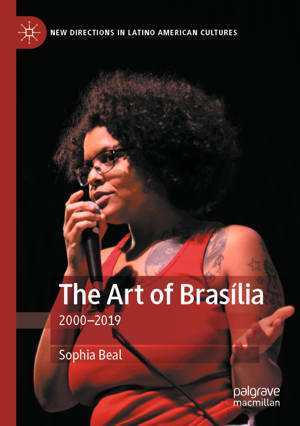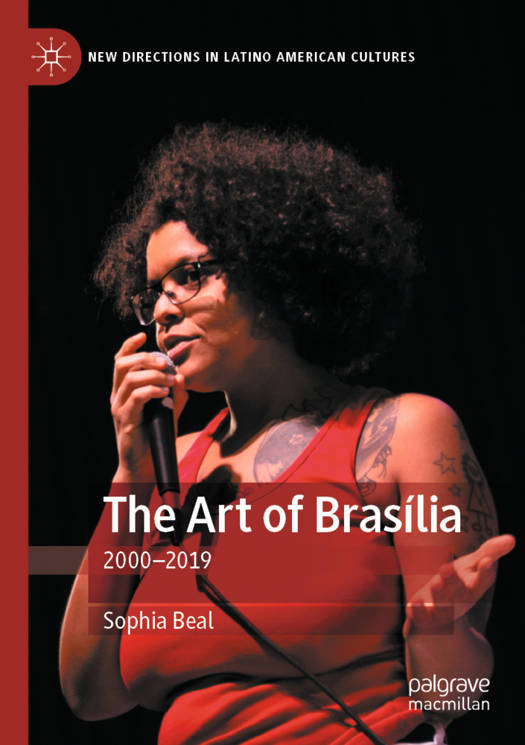
- Retrait gratuit dans votre magasin Club
- 7.000.000 titres dans notre catalogue
- Payer en toute sécurité
- Toujours un magasin près de chez vous
- Retrait gratuit dans votre magasin Club
- 7.000.000 titres dans notre catalogue
- Payer en toute sécurité
- Toujours un magasin près de chez vous
Description
People from outside of Brasília often dismiss Brazil's capital as socially divided, boring, corrupt, and emotionally cold. Apparently its founders created not a vibrant capital, but a cultural wasteland. However, as Sophia Beal argues, Brasília's contemporary artists are out to prove the skeptics wrong. These twenty-first-century artists are changing how people think about the city and animating its public spaces. They are recasting Brasília as a vibrant city of the arts in which cultural production affirms a creative right to the city. Various genres--prose, poetry, film, cultural journalism, music, photography, graffiti, street theater, and street dance--play a part. Brasília's initial 1960s art was state-sanctioned, carried out mainly by privileged, white men. In contrast, the capital's contemporary art is marked by its diversity, challenging norms about who has a voice within the Brasília art scene. This art demystifies the capital's inequities and imagines alternative ways of inhabiting the city.
Spécifications
Parties prenantes
- Auteur(s) :
- Editeur:
Contenu
- Nombre de pages :
- 252
- Langue:
- Anglais
- Collection :
Caractéristiques
- EAN:
- 9783030371395
- Date de parution :
- 30-01-21
- Format:
- Livre broché
- Format numérique:
- Trade paperback (VS)
- Dimensions :
- 148 mm x 210 mm
- Poids :
- 358 g







